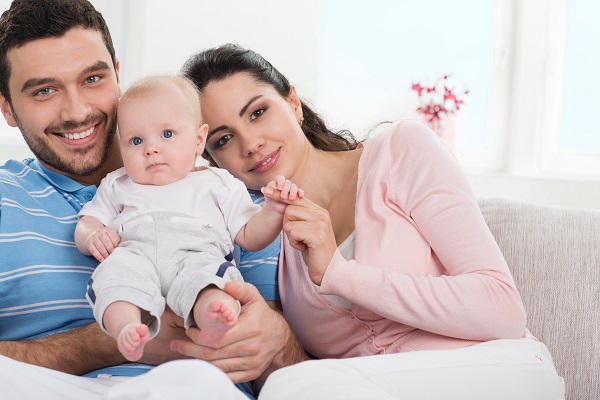Legislation Of Different Countries On Ovum Donation

The procedure for the use of donor oocytes in some countries is prohibited or carried out with a number of restrictions. Sometimes childless couples have to spend a lot of time on it. To simplify and approach the dream of the birth of a child, the staff of the New Born Center recommends examining variants of ovum donation abroad. Favorable laws in this area now operate in the US, Russia, Belarus, Ukraine, Georgia.
Specificity of legal assessment of egg donation
Since oocytes are a part of the female body, the ethicality of their use is very important. In some countries egg donation is equivalent to the donation of internal organs. The payment of a reward for women who sacrifice their oocytes remains disputable. At the same time, only a small number of women are ready to do this free of charge, which creates an ova deficit.
Today, the following conditions exist for legal regulation of ovum donation procedures in the world:
1. A complete prohibition
(Germany, Austria, Switzerland, Norway). According to the legislative norms in Norway and Switzerland this reproductive technology is considered a criminal offense. In Italy, the prohibition on oocytes donation was terminated in 2014.
2. Only non-commercial programs
(Belgium, France, Great Britain, Greece). Donors are either not provided with remuneration, or its size can only be compensation for current expenditures during the procedure.
3. Minimal or no restrictions
(USA, Australia, Netherlands, Sweden, Belarus, Ukraine, Russia, Kazakhstan, Georgia, Spain, Denmark, a number of other countries). The laws prescribe the requirements for the donor, the legal features of the procedure.
Attitude to the anonymity of the donor’s personality
In some countries ovum donation is anonymous. The recipient of oocytes is not provided with any personal information about the donor. This situation can lead to quite unpleasant consequences in the future. For example, people born out of ovum donation by one woman to another may be relatives, but without knowing about it. Moreover, they can enter into a marriage relationship.
To exclude such events, in a number of countries (for example, in Israel and Sweden) special data banks are created, where information about germ cell donors is kept for at least 70 years. Parents tell the child about ovum donation at a certain age.
The legislation of some countries leaves the question of the anonymity of oocyte donation to the participants of the program. This practice takes place in the United States and Russia. The issue of disclosure of the donor’s identity is regulated by the agreement, which is concluded upon by the donor and the recipients (the married couple). In Russia a relative, a friend or a friend of the couple can become the ovum donor.
Link to legislation of Russia on surrogacy
Link to legislation of Ukraine on surrogacy

